Neuston Net Research Collective
A Citizen Science Collective To Conduct Plankton Survey-Style Transects
Overview
The Neuston Net Research Collective unites the academic world and the international yachting community in an effort to conserve and understand our oceans through scientific research. This unique collective spans a wide range of research topics with one common theme: they all utilize Neuston Nets. Neuston Nets are fine mesh nets often towed behind boats to collect samples of neustonic organisms, algae, plastics, plankton, seawater, and more. Our unique access to these nets allows us to pair proposed or ongoing projects with vessels around the world to collect samples from a wide geographic range.
This citizen science movement engages the yachting community by providing comprehensive onboard kits which allow yacht crews and owners to conduct plankton survey-style transects related to one of our partnered research projects. Learn more about our current projects by browsing below.
Find out if you can participate in our Neuston Net Research Collective by clicking the button below and contacting our team at [email protected].
Research Collaborators
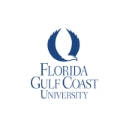
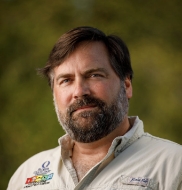
Dr. Mike Parsons,
Florida Gulf Coast University
Research key words: Harmful Algal Blooms, Sargassum, Gambierdiscus, dinoflagellates, algal toxins

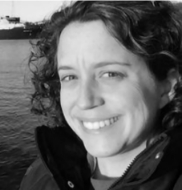
Dr. Rebecca Helm,
Georgetown University
Research key words: Ocean surface, cnidarians, neustonic organisms, jellyfish, By-the-Wind Sailor, High Seas Policy, complex life cycles
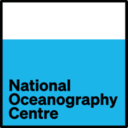
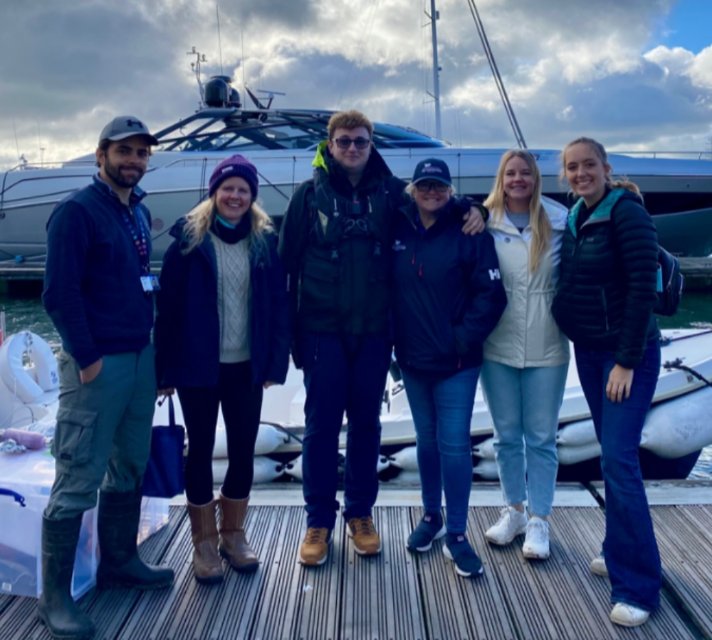
The National Oceanography Centre
Research key words: Microplastics, ocean, rivers, estuaries, great lakes, long-distance transects, ecological effects
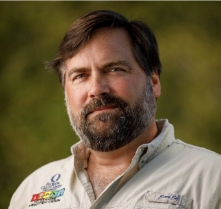
Dr. Mike Parsons
Dr. Mike Parsons is a professor of Marine Science in the Water School at Florida Gulf Coast University and the Director of FGCU’s Vester Field Station. Dr. Parsons has built a successful research career, receiving over $20 million of extramural funding to study harmful algal blooms and ecosystem health. His work has been cited over 3,000 times in the scientific literature, demonstrating the quality of his work. In addition to working with other researchers around the state to find solutions to our algal bloom problems, he was appointed to the Blue-Green Algae Task Force by Florida Governor Ron DeSantis in 2019 to work to reduce the impacts of harmful algae in our region.”
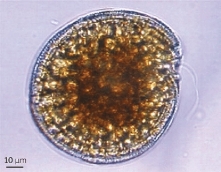
Neuston Net Research: From samples collected by SeaKeepers’ DISCOVERY Yachts, Dr. Parsons and his team at the Vester Field Station will examine the role of floating Sargassum in distributing/transporting Gambierdiscus dinoflagellates around the Greater Caribbean region. Gambierdiscus is an epiphytic dinoflagellate that typically is not transported by water currents. Sargassum may provide a mechanism to facilitate and intensify the movement of Gambierdiscus in the region. This is important to study because several Gambierdiscus species produce toxins (called ciguatoxins) that can move through a coral reef food web and toxify reef fish. When people eat fish that have accumulated enough of these toxins, they can get sick (gastrointestinal and neurological symptoms), in a malady called ciguatera poisoning. The fish most commonly associated with ciguatera are the larger predators, including barracuda, grouper, and large snappers.
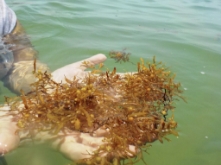
Locations for sample collection: Sargassum species are found throughout tropical areas of the world including the Sargasso Sea, Caribbean, North Atlantic Ocean, Florida, and more.
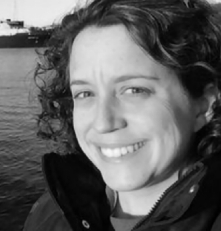
Dr. Rebecca Helm
Dr. Rebecca Helm is an Assistant Professor at Georgetown University. She studies the ecology and evolution of life on the ocean’s surface layer. Organisms at the surface of the ocean create food and shelter for diverse species, from albatross to salmon, sea turtles to sunfish, yet we know very little about surface-living species, where they live, how abundant they are, or the impacts human activity is having on their numbers. She is interested in High Seas policy and the impact of novel emerging activities on their impact on high seas ecosystem. She also uses jellyfish as a model system to study how complex life cycles evolve and change over time.
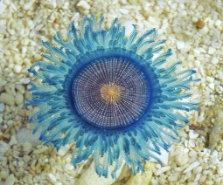
Blue Button Jellyfish
(Porpita porpita)
Neuston Net Research: From photos of samples collected by SeaKeepers’ DISCOVERY Yachts, Dr. Helm will determine the geographic range and presence of certain neustonic organisms, including the Blue Button Jellyfish (Porpita porpita) and By-the-Wind Sailors (Velella velella).
Locations for sample collection: The neustonic organisms of interest are found Great Pacific Garbage patch and other floating patches of garbage around the world.
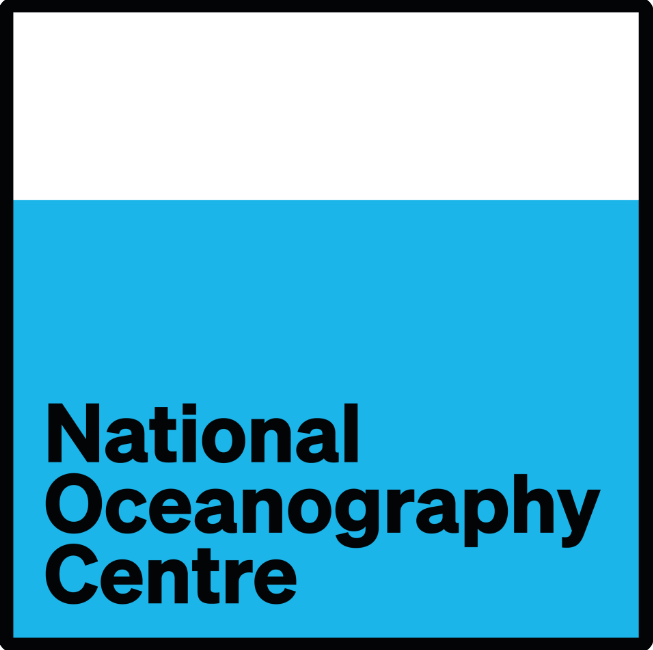
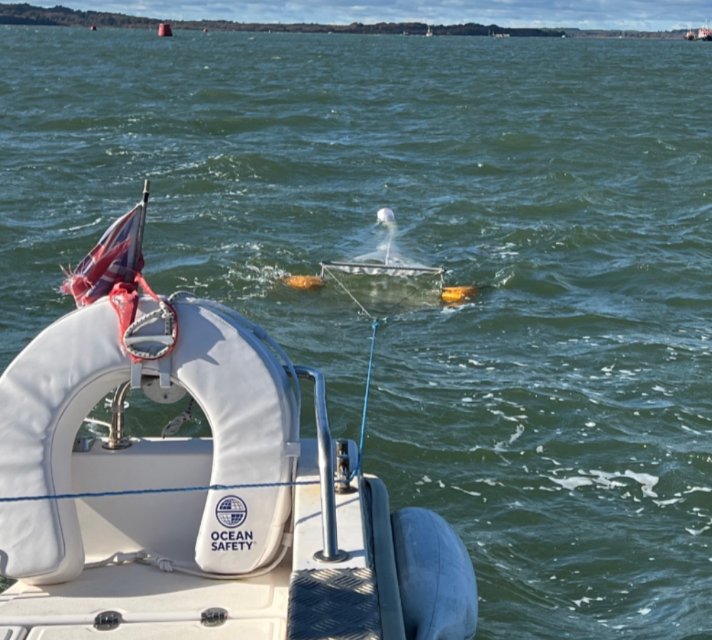
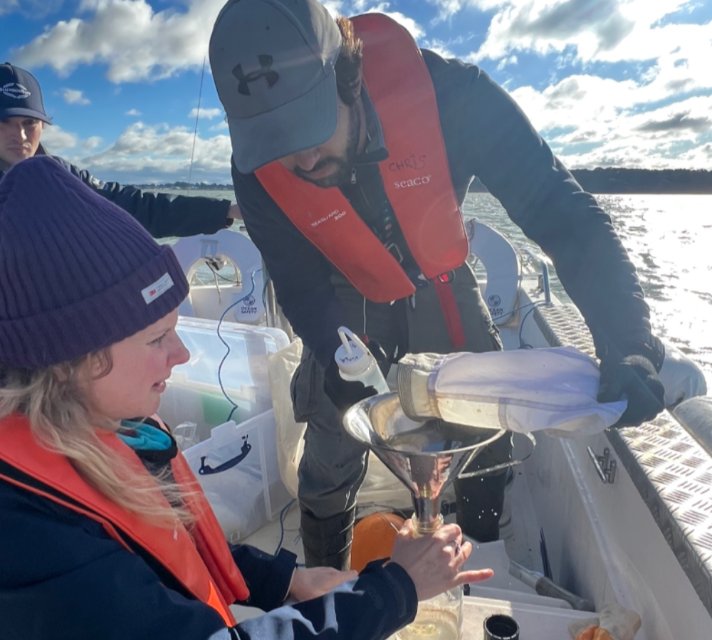

The National Oceanography Centre
As the UK leader in ocean research, technological innovation, and education, the National Oceanography Centre (NOC) has pledged to discover and share the solutions needed to protect our oceans, our planet, and our futures. NOC’s scientists work across fields and around the globe, uncovering links between the ocean, climate change and biodiversity loss, helping to create an ocean that is clean, safe and sustainable.
Beyond the international scientific community, the NOC acts as the voice of UK ocean science, sharing the significance of research findings to the UN, governments, global industry and developing nations to empower their decision making and actions. The NOC also has uniquely close and continuous interaction with the UK government, including DEFRA, the Environment Agency, and the All-Party Parliamentary Group for the Ocean.
Program Details:The microplastic research group at NOC are tackling some of the crucial questions pertaining to microplastics in the ocean, including their fate, distribution in the ocean, and their ecological effects. There is a critical need to understand the extent and characteristics of this contamination, down to the smallest sizes possible, because the smaller the particle, the higher the risk to ecosystems and humans. Participants can choose between two sampling methods for this project:
- 1. Installing a SubCtech microplastic sampler onboard that will automatically collect and filter samples.
- 2. Towing a neuston net alongside the vessel to collect and send samples to the NOC team.
Working alongside citizen scientists provides access to regions and samples and data that would not otherwise be obtained. The NOC will have direct contact with SeaKeepers Citizen Scientists to guide research, assist in sample site selection, advise on sample collection, and troubleshoot where required. They will also present findings to Citizen Scientists from the samples collected and highlight insights gained into the broader oceanographic context.
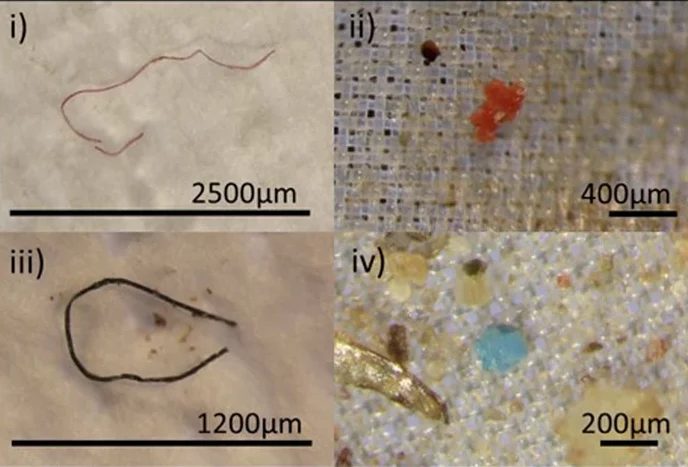
Photographic examples
of microplastics
Locations for sample collection: Due to the current paucity of high-quality global microplastics data, samples from any ocean region (also major rivers, estuaries and great lakes) would be suitable for this project. Long- distance transects are especially favorable to assess spatial distribution of microplastics (ex. from the coast to the open ocean). Samples taken at different times of year in one location are also valuable to assess temporal change based, for example, one season.
This program was initially called the S.A.R.A.H. Initiative. If you would like to learn more, please visit the button below.
Research Project Application
Are you looking to apply for a research project? The International SeaKeepers Society has been involved in assisting significant marine research and ocean conservation efforts through the DISCOVERY Yacht Program since 2014. We are seeking dedicated researchers to provide free vessel support to gather and conduct fieldwork. For each expedition, a scientist is paired with a vessel that can meet the research expedition’s needs, including location, itinerary, and vessel specifications as outlined in the research proposal. To submit a proposal on your next expedition needs, complete the application below.
